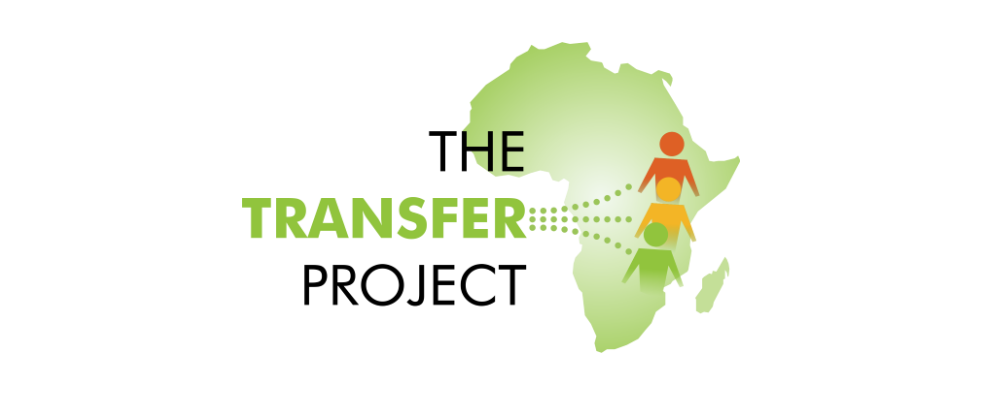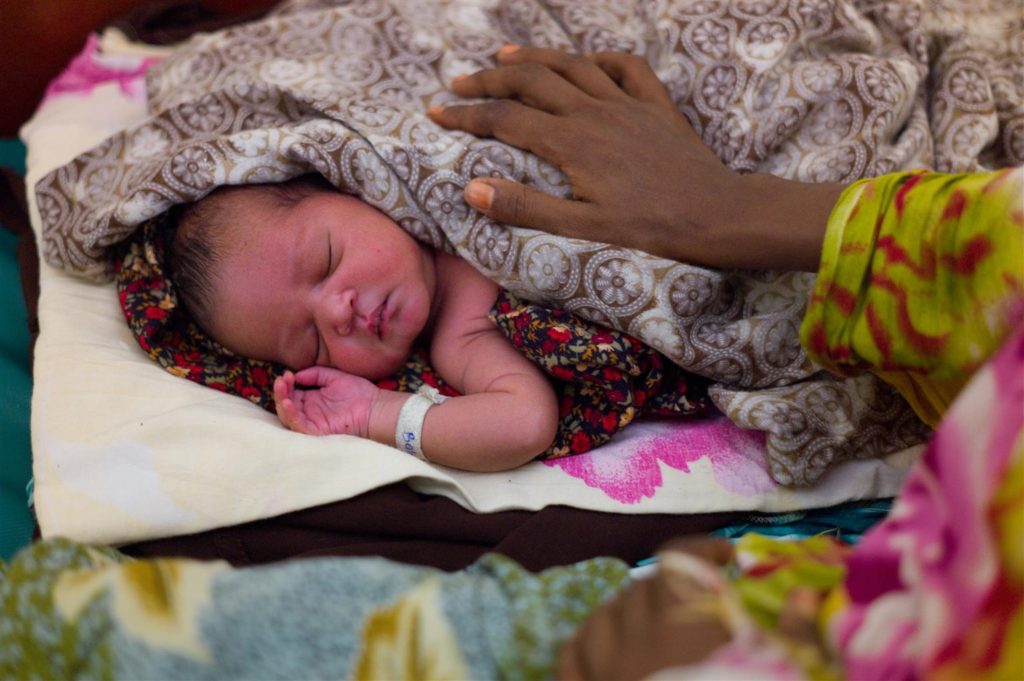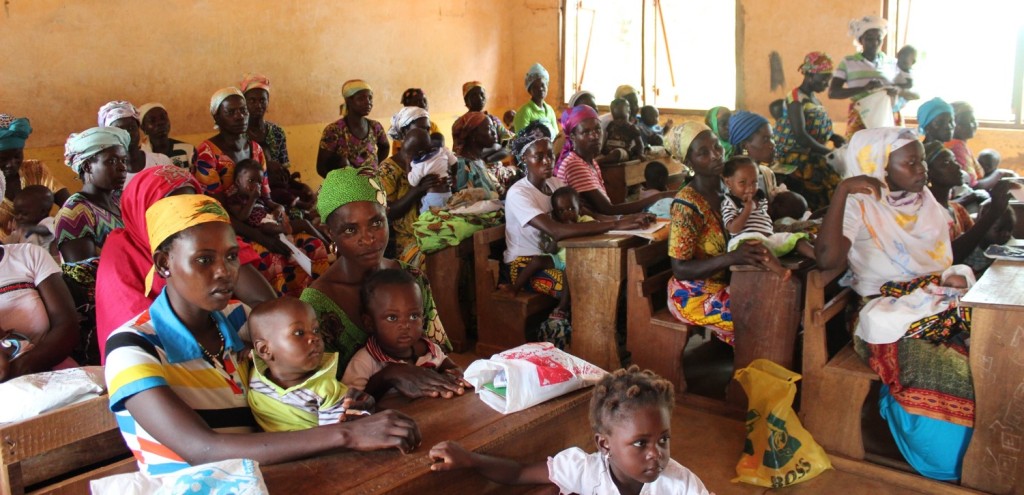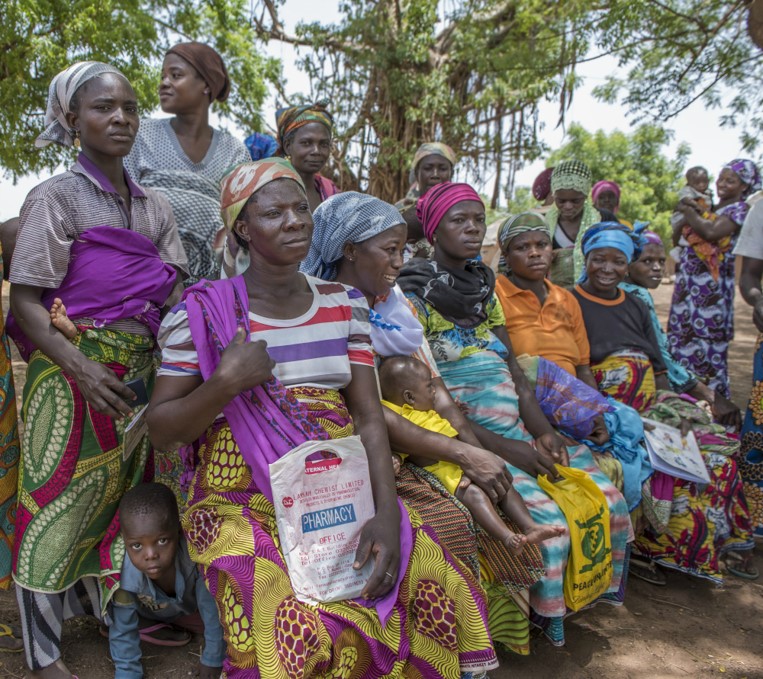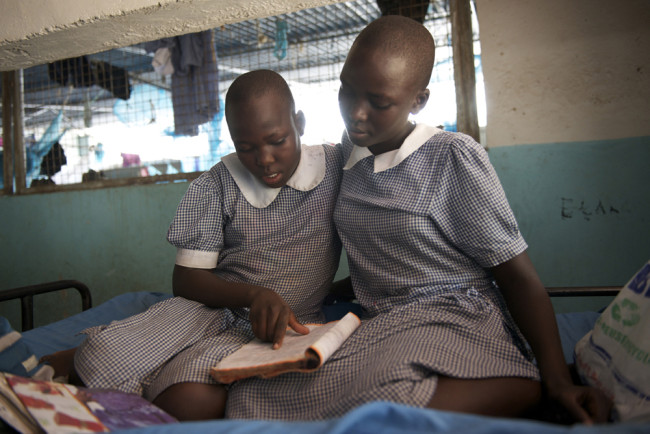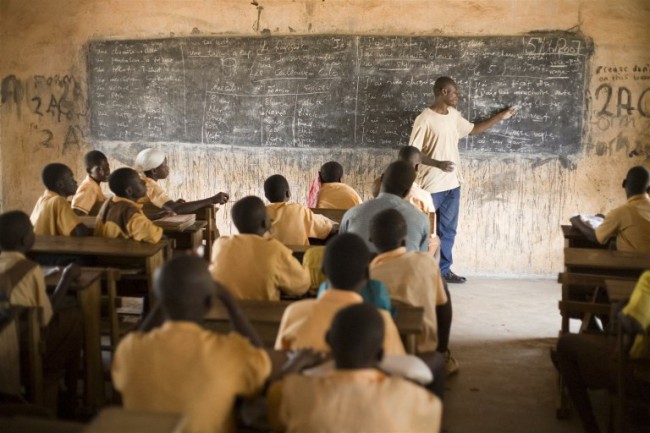Blogs
Social cash transfers are an increasingly popular tool in African national governments’ social protection strategies, but a question that often comes up about their use is will such programmes encourage parents to have larger families in a region with stubbornly high fertility rates?
Cash transfer programs have become an increasingly popular component of social protection strategies across sub-Saharan Africa. These programs provide monthly payments to poor and vulnerable households and can lead to multiple demonstrated benefits, such as the improvement of health and education among young people, and impacting the local economy.
What do snakes, flat batteries, limited privacy, and identifying a suitable cut-off point have in common? As I recently observed, they are some of the many challenges that can occur when conducting an impact evaluation in a remote village.
Mounting evidence from systematic reviews suggest that cash transfers have positive impacts on youth transitions into adulthood. Yet, data illustrating how these programs affect outcomes is generally scarce. Now new research presents evidence of these impacts, suggesting that unconditional cash transfer programs targeting orphans and vulnerable children may significantly reduce the likelihood of early pregnancy.
An estimated 63 million adolescents between the ages of 12 and 15 are currently out of school, according to a recent report by the UNESCO Institute for Statistics and UNICEF. This is a staggering number, and the barriers to school enrolment–poverty, conflict, gender discrimination, and child labour–are not easy to overcome.
